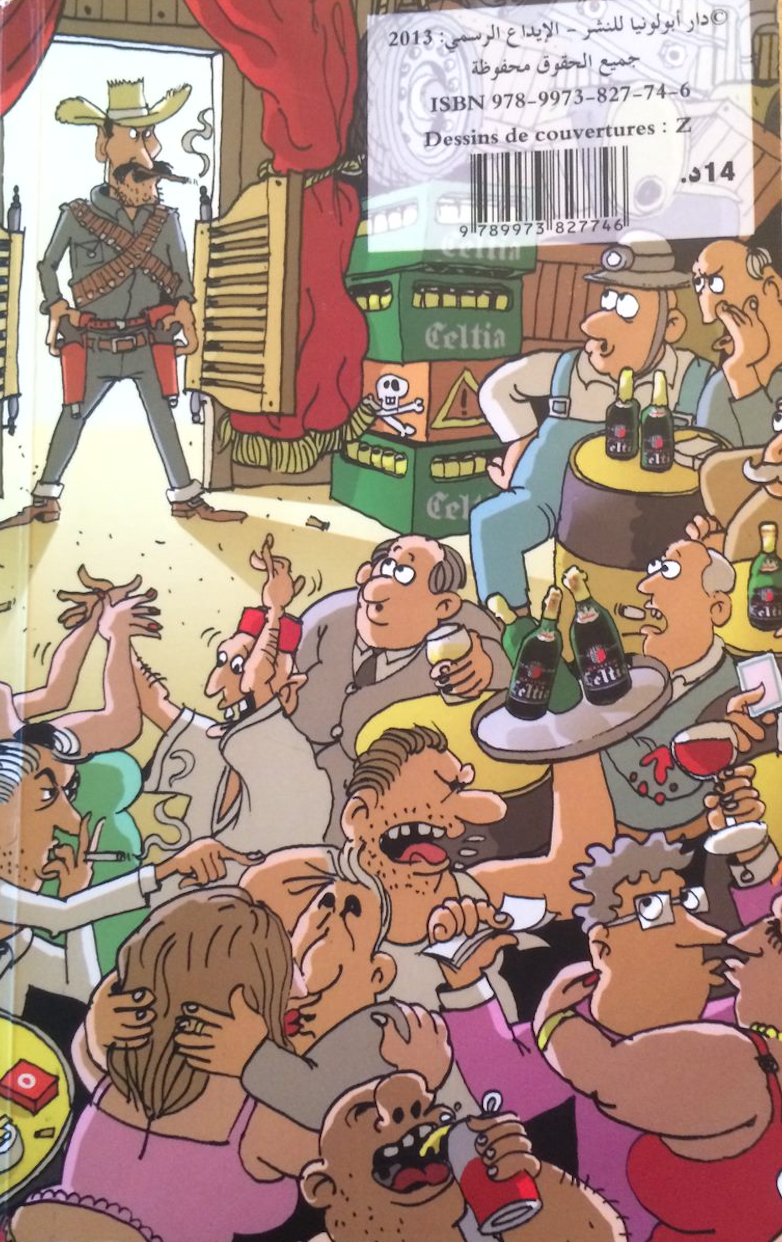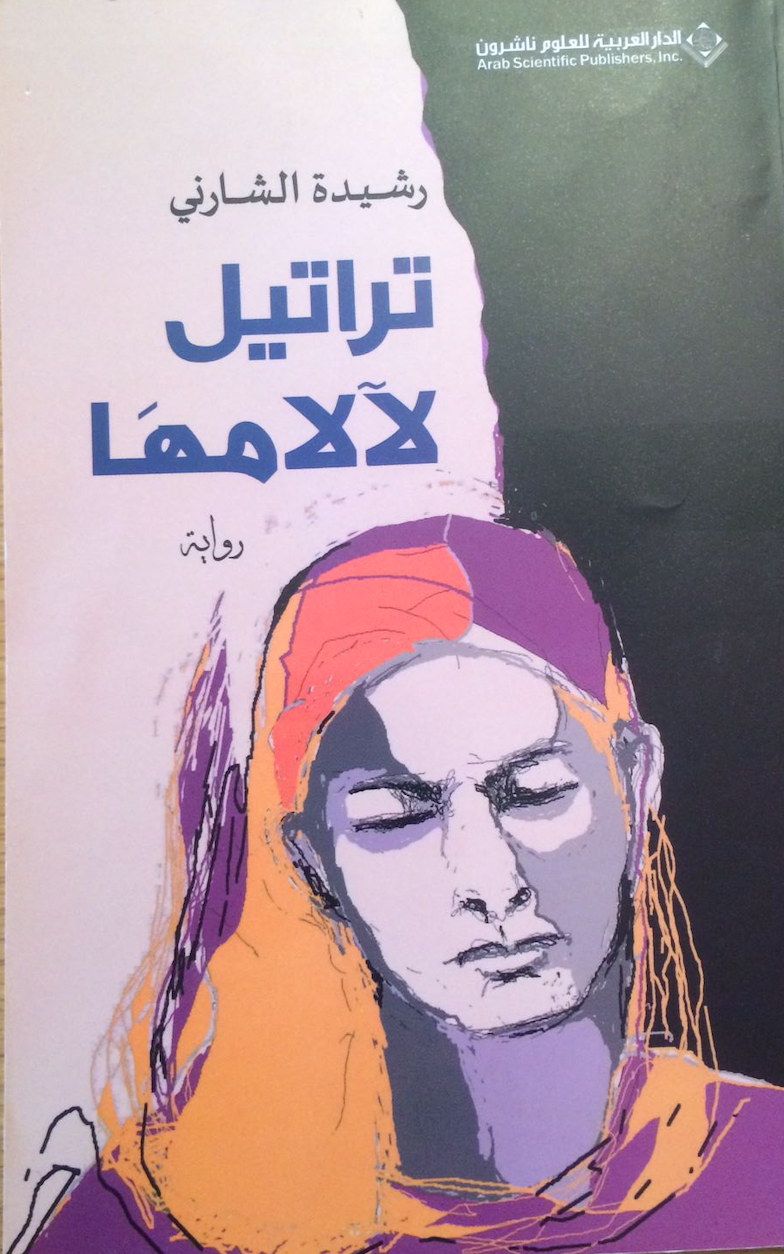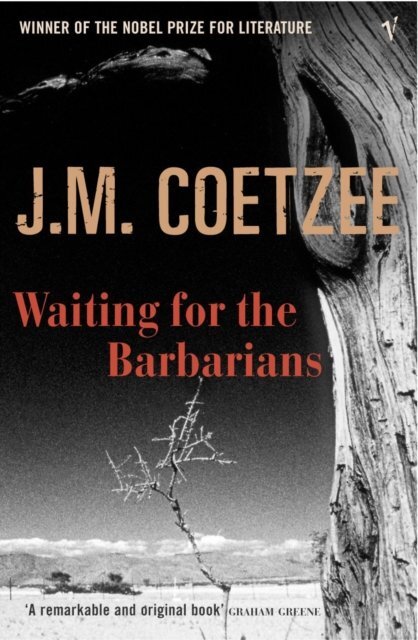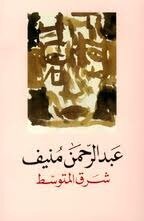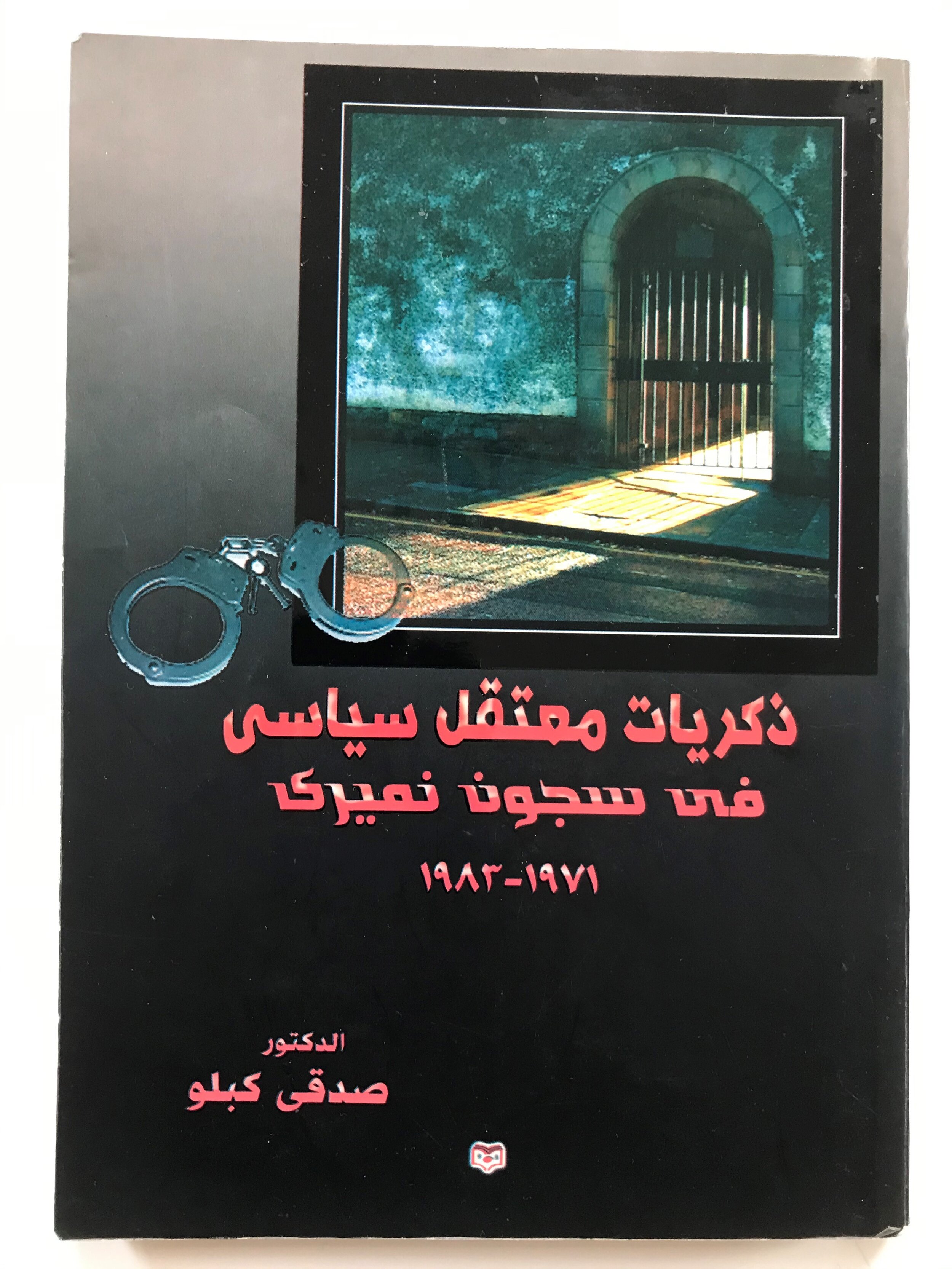Literature and Justice
Poem by Ammar Mansour, Tunisia, written in prison in 1973 on cigarette paper with matches and ashes mixed with water
I have long been interested in rights in the public sphere as in academic research, intrigued by what gives writing, which is essentially a solitary pursuit, the vocation to speak for communal wrongs and seek to repair the world. I have been tackling intersections between politics and aesthetics in testimonial literature, poetry and fiction which deal with trauma, contention, transitional justice, and memory.
it would be fair to state that the Tunisian Revolution of 2011 has “unchained” Tunisian literature, inspiring a 70% increase in the number of books published and an unrestrained desire to transgress, developments discussed in a brief review, “Literature Unchained”, which you can read here. This was a widescale change in free speech, but transgression and contestation of a pervasive regime of censorship were neither new nor restricted to Tunisia.
Over the last few decades, the Tunisian poet, Mohamed Sghaier Awlad Ahmad, was a crucial literary voice of resistance to the Ben Ali regime in Tunisia. His poetic career was an index of resistance culture in Tunisia, from popular uprisings, to labour strikes and resistance to religious repression. It was not surprising, then, that he has become synonymous with the revolution, something I note in my discussion “A Revolution of Dignity and Poetry” in boundary 2, which you can download here. He called the Revolution a “poem” and became, in a way, its poet.
Awlad Ahmad was one of many Leftist intellectual, cultural and artistic public figures in Tunisia who were either part of, or working closely with, the UGTT (L’Union Générale Tunisienne du Travail; The Tunisian General Labour Union). UGTT is dealt with in a dedicated section on this website. Here, it is worth noting the close links between the trade union movement in Tunisia and alternative culture to the regime, both as a locus of resistance and as a refuge for activists. I present the ‘long-view’ of the relationship between the UGTT and Tunisian alternative culture in the volume, Where Are the Unions? Workers and Social Movements in Latin America, the Middle East and Europe (ed. Sian Kingi), is available to purchase here. A podcast of my lecture on the subject can be heard here.
Cover of Cristal by Gilbert Naccache
Another group, whose artistic endeavours have also left a striking imprint on Tunisia’s cultural scene, was Perspectives, a collaborative undertaking which published over 60 issues of its journal, Perspectives Tunisiennes pour une meilleure vie (Tunisian Perspectives for a Better Life). Perspectives sought to complete the country’s independence by instituting democracy and socialist economy. But they were heavily repressed and endured immense hardship. This gave them legendary status in the cultural imaginary to which they contributed in variety of ways. Their legacy spanned the fields of cinema, theatre, fiction and arts, as I outline in a dedicated essay, which can be accessed here.
Throughout the period of repression, which expanded to Islamists at a later stage, cultural production in Tunisia has long been complicated by the threat and reality of state violence, torture and imprisonment. But Tunisia is not alone in this; many of the greatest writers of modern Arabic literature have been subjected to torture and violence. These and others have left powerful testimonies where they detail their ordeals. I base my reflections on the ways in which survivors and perpetrators of torture remember and represent their experience of torture, seeking to understand how torture relates to humanism; you can read my chapter here.
This work on torture is part of my broader research into resistance literature. Since the Revolution, literature has played an increasing role in modulating notions of justice, equity and freedom. In an edited volume, concerned with the ways in which democracy is written across the world, I argue that literature has become the space in which democracy is being worked out in Tunisia, a space built through generations of resistance literature, in the footsteps of Gilbert Naccache, about him you can read here and here. My podcast lecture of this paper devoted to literature, law and transitional justice can be heard here. The paper explores the complex intersections between literature and law beyond witnessing or providing evidence. what I call the lure of the aesthetic lurks behind the desire to tell the truth and historical accuracy in life writing as in fictionalised accounts. Yet, making sense of trauma and textual recovery of loss and forgetting, including naming perpetrators and wrongdoers are, in a way, a shared practice, which compel the readers, in turn, to become witness.










